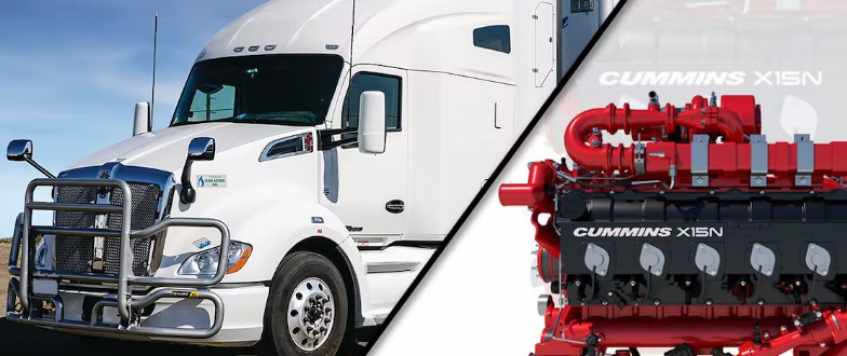-
18
Sep
Does A Truck’s ECM Effect Engine Performance?
The engine control module (ECM) plays a crucial role in the performance of a truck’s engine. This small but powerful device is responsible for managing and regulating various engine functions, including fuel injection, ignition timing, and emissions control. However, there is ongoing debate among truck owners and enthusiasts about whether the ECM can significantly impact engine performance. In this article, we will delve into the intricacies of truck ECMs and explore their potential effects on engine performance. Whether you are a truck enthusiast or a fleet manager looking for ways to optimize your vehicle’s performance, this article will provide you with valuable insights.
What Does A Truck ECM Do?
A truck ECM, or Engine Control Module, is a critical component of a vehicle’s electronic system. It plays a vital role in controlling and managing various aspects of the engine’s performance and overall vehicle operation. The primary function of a truck ECM is to control the engine’s fuel injection, ignition timing, and other important parameters to optimize engine performance and efficiency.
It constantly monitors and analyzes data from various sensors located throughout the engine to make real-time adjustments and ensure the engine operates within specified parameters. This helps to improve fuel economy, reduce emissions, and enhance overall engine performance.
In addition to controlling fuel injection and ignition timing, the truck ECM also manages other engine-related functions such as turbocharger operation, exhaust gas recirculation (EGR), and emission control systems. It monitors the status of these components and adjusts their operation to maintain optimal performance and meet regulatory requirements. Furthermore, the truck ECM also plays a critical role in diagnosing and troubleshooting any issues or malfunctions within the engine system.
It has the capability to store and retrieve fault codes, which can indicate specific problems or failures within the engine. This information is useful for technicians during diagnostic and repair processes.
How Does The ECM Influence Engine Performance?
The ECM influences engine performance through its control of other systems such as the cooling system and the transmission. By monitoring various parameters and making adjustments as needed, the ECM can help to ensure that the engine operates within safe temperature ranges and that the transmission shifts smoothly and efficiently.
It also plays a role in ignition timing. ECMs determine the optimal timing for ignition based on input from sensors that detect factors such as engine speed and load. By optimizing ignition timing, the ECM can improve fuel efficiency and increase power output.
One of the main ways that the ECM influences engine performance is through its control of the fuel system. The ECM uses input from sensors such as the oxygen sensor and the mass airflow sensor to determine the ideal air-to-fuel ratio for combustion. By adjusting the fuel injectors accordingly, the ECM ensures that the engine is operating at maximum efficiency and power.
ECM Replacement, Repairs, And Programming
Reach out to us for everything truck ECM. We can help with all your fleets ECM needs today!
